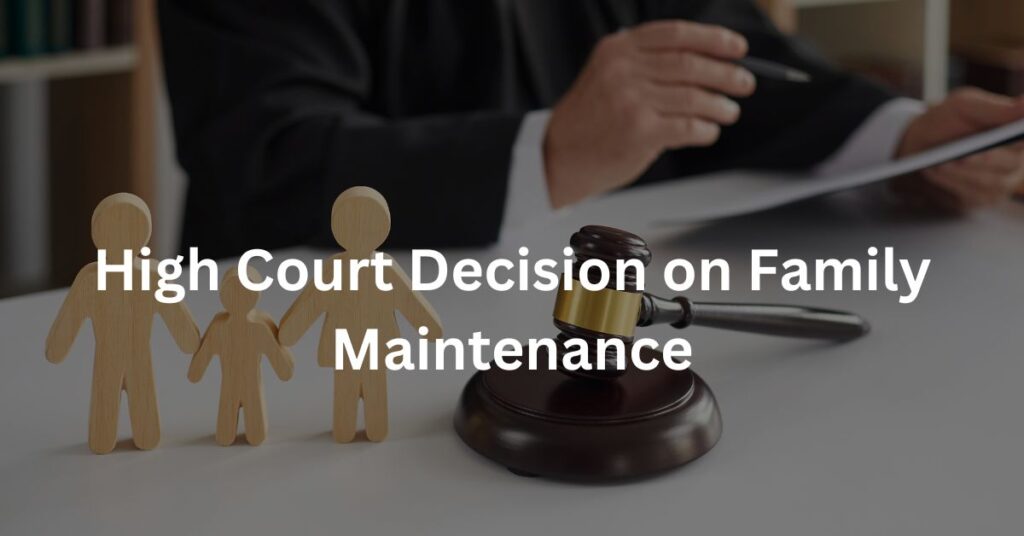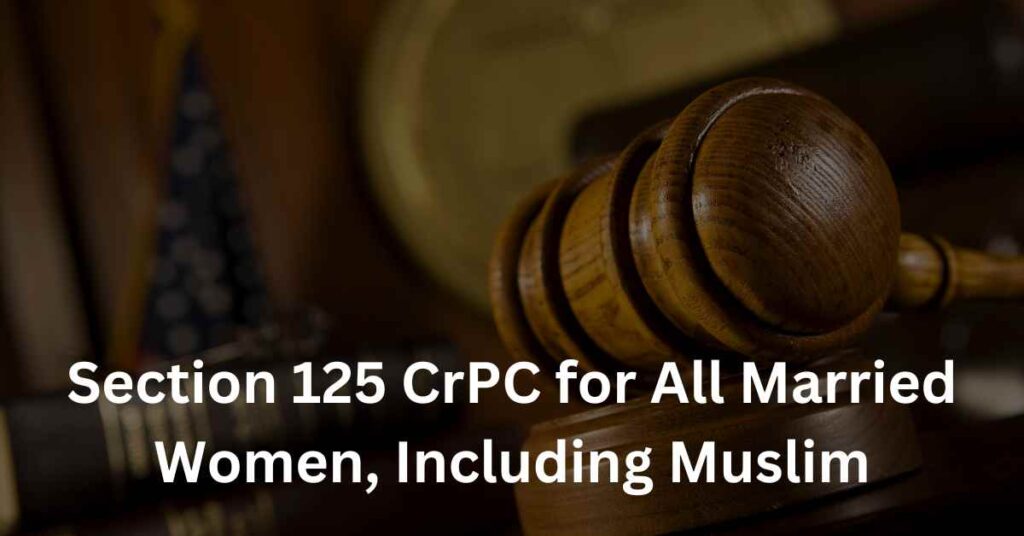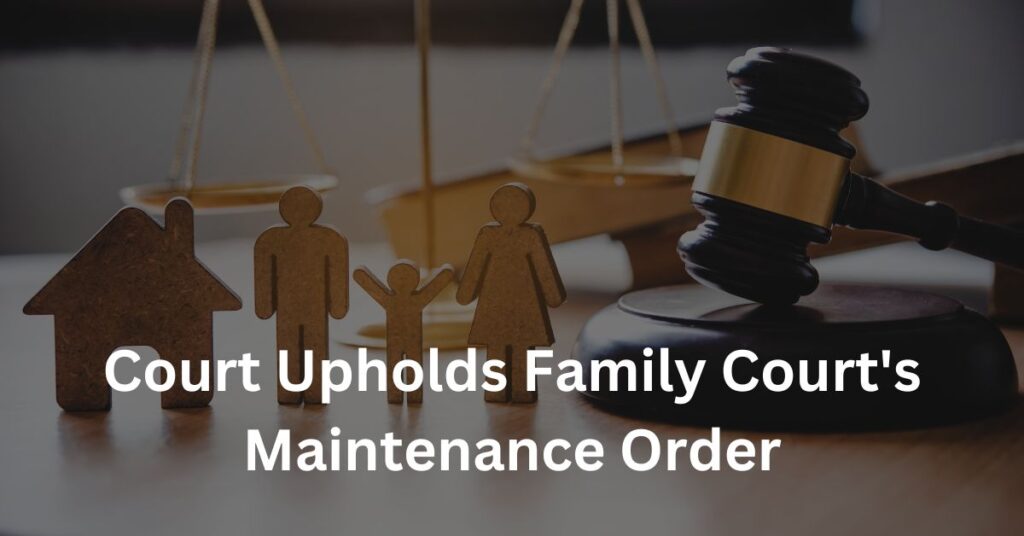New Delhi, August 23, 2023 – In a recent judgment, the Delhi High Court addressed the critical issue of whether individuals could recover maintenance arrears that had accrued before the application of Section 125(3) of the Criminal Procedure Code (Cr.P.C.). This judgment, delivered on August 23, 2023, has significant implications for cases involving maintenance disputes and the recovery of arrears.
Table of Contents
ToggleThe case in question, titled MAT.APP.(F.C.) 226/2019, featured Vasu Bajaj as the appellant and Rakesh Bajaj as the respondent. The dispute revolved around maintenance arrears and whether they could be claimed by the appellant.
Background of the Case
The appellant, Vasu Bajaj, had filed a maintenance application on February 25, 2008, under Section 12 of the Protection of Women from Domestic Violence Act, 2005. The application sought maintenance for Vasu Bajaj, who was a minor at the time, and his mother, Smt. Nirmal Bajaj. The maintenance application was eventually granted on January 7, 2010, with Vasu Bajaj being entitled to receive Rs. 5,000 per month from the date of the application, i.e., February 25, 2008.
However, the respondent, Rakesh Bajaj, contested the order and filed an appeal against it. Subsequently, an execution petition for the recovery of arrears in maintenance was filed on May 23, 2012. Rs. 60,000 was paid by Rakesh Bajaj on July 4, 2012, covering the maintenance for the period from May 26, 2011, to May 25, 2012. Still, the arrears of maintenance for the period between February 25, 2008, and May 25, 2011, remained unsettled.
Key Legal Issue
The central legal issue in this case was whether Vasu Bajaj could recover the maintenance arrears for the period preceding the one-year limitation period prescribed in Section 125(3) Cr.P.C., which allows for the recovery of maintenance arrears only for the year immediately preceding the date of the application.

The Court's Ruling
The Delhi High Court, in its judgment, clarified that the limitation period specified in Section 125(3) Cr.P.C. does not extinguish the right to claim arrears of maintenance. It merely provides a procedure for recovering maintenance within a year from the date it becomes due.
The court cited the decision in the case of Poongodi & Anr. vs. Thangavel (2013) 10 SCC 618, which emphasized that Section 125(3) Cr.P.C. does not create a legal bar to claiming arrears of maintenance. If the remedy under Section 125 Cr.P.C. is not available, the ordinary remedy of filing a civil suit to recover the arrears of maintenance remains open.
The court further emphasized that while maintenance itself arises from the social obligation of a husband, once it is determined and crystallized into a specific amount by a court order or decree, it becomes a “debt.” This debt can be recovered through a civil suit.
Implications
The Delhi High Court’s ruling clarifies that individuals seeking to recover maintenance arrears that accrue before the one-year limitation period specified in Section 125(3) Cr.P.C. may do so through a civil suit. This judgment upholds the rights of dependents, particularly in cases where the maintenance order was not executed within the prescribed time frame.
This decision will likely have a significant impact on future maintenance disputes and arrears recovery cases, offering a legal avenue for individuals to claim their rightful dues even if the time limit under Section 125(3) Cr.P.C. has passed.
Conclusion
This Delhi High Court’s decision reinforces the principle that individuals have the right to claim maintenance arrears through a civil suit when the remedy under Section 125 Cr.P.C is not available. It upholds the interests of dependents seeking their rightful dues and ensures that the law provides a practical avenue for arrears recovery. This ruling is expected to have a lasting impact on maintenance dispute cases, offering clarity on the legal avenues available for claimants.
For the complete judgment and detailed insights, you can refer to the original case document with Case No. MAT.APP.(F.C.) 226/2019, available on the Delhi High Court’s official website. This downloaded judgment can serve as a valuable resource for legal reference in ongoing cases as well.


